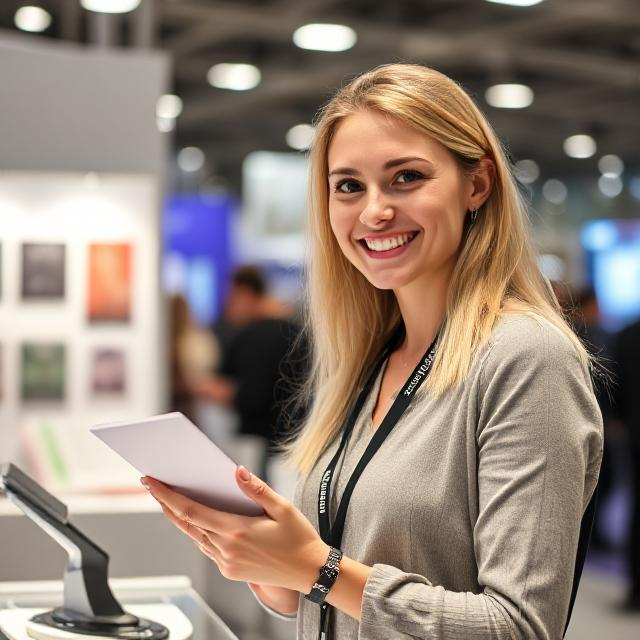
Introduction
The EQUINE RUSSIA Exhibition in Moscow is a premier international event dedicated to the equestrian industry, bringing together professionals, breeders, veterinarians, trainers, and equestrian enthusiasts from around the world. As a hub for horse breeding, sports equipment, veterinary medicine, and equine business, the exhibition demands seamless communication across multiple languages. This is where professional translators play a crucial role—ensuring that knowledge, trade, and innovation flow smoothly between participants.
Why Translators Are Indispensable at EQUINE RUSSIA
With attendees and exhibitors from Russia, Europe, the Middle East, and beyond, language barriers can hinder business deals, educational seminars, and networking opportunities. Key areas where translators make an impact include:
- Trade Negotiations – Facilitating discussions between horse breeders, feed suppliers, and equipment manufacturers.
- Veterinary & Training Seminars – Accurately translating medical, nutritional, and training terminology for international experts.
- Equestrian Sports & Competitions – Assisting in judging, commentary, and rule explanations for multilingual audiences.
- Networking & Partnerships – Helping businesses establish cross-border collaborations in horse trading, stud farms, and equestrian tourism.
A translator at EQUINE RUSSIA must not only be fluent in Russian and English (and ideally other languages like German, French, or Arabic) but also have a strong grasp of equestrian terminology to ensure precision in communication.
Key Skills for an EQUINE RUSSIA Translator
- Equestrian Industry Knowledge – Familiarity with terms related to horse breeds, veterinary care, farriery, saddlery, and competitive disciplines (dressage, show jumping, racing).
- Bilingual/Multilingual Proficiency – Mastery of Russian and English is essential, with additional languages being a major advantage.
- Simultaneous & Consecutive Interpretation – Ability to translate live speeches, auctions, and Q&A sessions in real time.
- Cultural Sensitivity – Understanding regional differences in horse breeding traditions, training methods, and business etiquette.
- Adaptability – The fast-paced environment requires quick thinking, especially during horse auctions, demonstrations, and panel discussions.
Challenges Faced by Translators at the Exhibition
- Specialized Jargon – Terms like “passage,” “piaffe,” “colic treatment,” or “bloodstock agent” require precise translation.
- Fast-Paced Conversations – Keeping up with negotiations, auctioneers, and technical discussions.
- Accents & Dialects – Speakers may have strong regional accents, making comprehension more difficult.
- Live Demonstrations – Translating commentary during horse shows or veterinary workshops without prior scripts.
Despite these challenges, skilled translators ensure that EQUINE RUSSIA remains a truly international event, fostering global connections in the equestrian world.
Conclusion
Translators at the EQUINE RUSSIA Exhibition do more than convert words—they enable knowledge exchange, business growth, and international cooperation in the equine industry. Their expertise helps breeders, veterinarians, and sports professionals collaborate effectively, driving innovation and preserving equestrian traditions worldwide.
For linguists passionate about horses and international events, working as a translator at EQUINE RUSSIA offers a unique and rewarding opportunity to merge language skills with equestrian expertise.